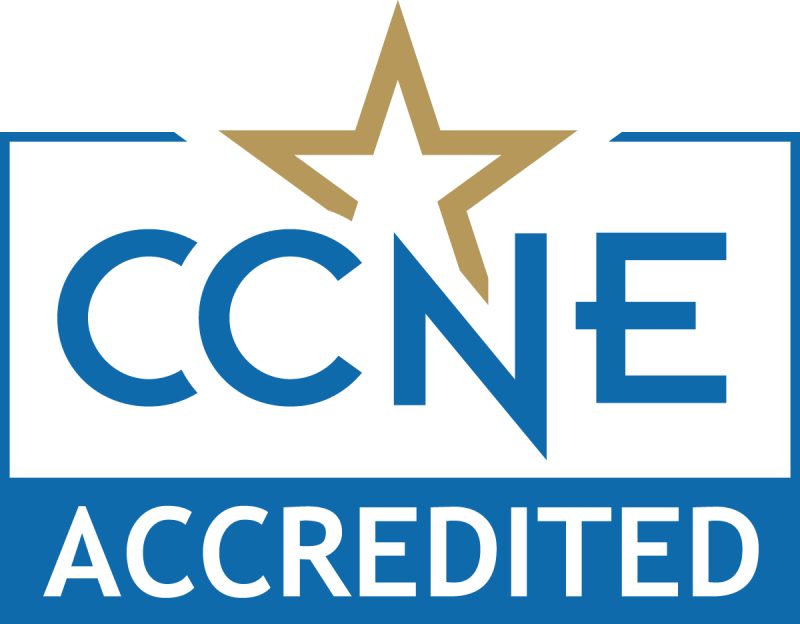Webber International University is proud to announce its new Bachelor of Science in Nursing (BSN) program. The BSN Program admits two cohorts each year. Admission into the program will occur in the Fall and Spring.
The Pre-licensure BSN program is 4 years in length and occurs in two stages. The first stage requires students to apply to and be accepted to Webber International University. Students will take fifty (50) semester/credit hours of lower-division work (general education and nursing prerequisites). You can complete the lower division semester/credit hours at any regionally accredited college or university. The second phase will require students to apply to and be accepted to the core curriculum of the nursing program. The BSN pre-licensure program is 122 semester/credits.
Upon completion of all courses required, students will graduate with the Bachelor of Science in Nursing (BSN) degree and are eligible to take the licensure exam. Graduation from the BSN program is distinctly different from passing the NCLEX-RN® exam. The Florida Board of Nursing will award a Registered Nurse (RN) license upon successfully passing the NCLEX-RN® and satisfactorily meeting all other Florida Board of Nursing licensure requirements.
As a Registered Nurse (RN), you can work in a variety of different environments. You have the choice to work directly or indirectly with patients. An example of the different settings an RN may work in includes physician offices, urgent care, clinics, schools, ambulatory surgery centers, hospitals, insurance companies, home health, hospice, just to name a few. You can choose to work in a high paced environment with sick patients or work in a slower type of work environment such as a physician’s office. You have the option to work with babies, young children, or adults. Nursing is a profession that is constantly evolving and offers many opportunities for you to find your niche. The choice is yours.

The baccalaureate degree program in nursing at Webber International University is accredited by the Commission on Collegiate Nursing Education (http://www.ccneaccreditation.org).

The Bachelor of Science in Nursing Program is a 4-year bachelor degree program in 2 stages:

Webber International University makes every effort to keep costs at a minimum while maintaining a high level of instruction and adequate facilities.

The BSN program admits two (2) cohorts of 24 students each academic year during the Fall and Spring semesters.

Candidates are required to complete specific criteria prior to applying to the Nursing program.
If you have questions or concerns or would like to contact the program directly please contact:
Jenafer Garcia, MSN, APRN, FNP-C
Nursing Program Director
Webber International University
garciaj@webber.edu
(863) 638-1431 x 2922
Shannon Lender, RN, MSN, NE
Clinical Coordinator
Webber International University
lendersv@webber.edu
(863) 638-1431 x 2922